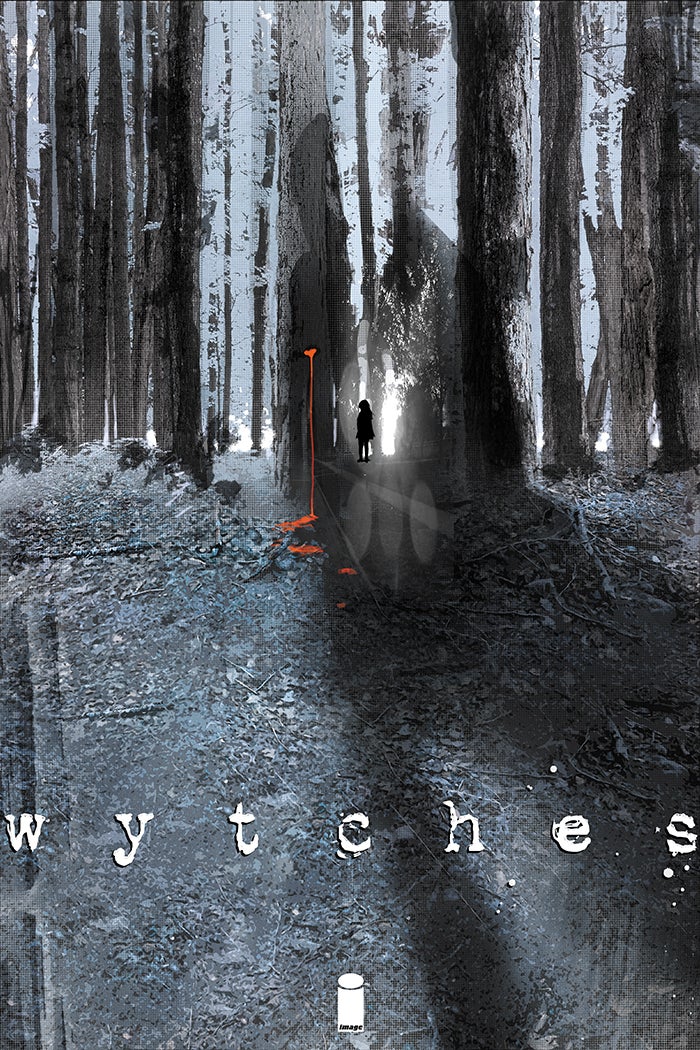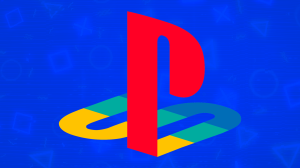
Videos by ComicBook.com
The final order cutoff is today, though, so if you want to get your hands on the book, you’ll want to order it from your local comic shop or an online comics retailer now.
Snyder joined us to talk about Wytches, what makes it different from his American Vampire and other previous horror work…and why he’s headed back to Image even though DC Comics has treated him so well over the last few years.
You can read the first part of our interview here.

It’s both, actually. DC and Vertigo are generous to me with my Vertigo work in general but it’s exciting to try something at a place where the responsibility for the book and the direction of the book and the ownership of the book all falls to you entirely.
It’s just a different challenge altogether. Jock and I both have a lot of good friends at Vertigo and we’ve worked there for a long time but we felt it was time to try and do something that we would own outright 50/50 and also it would offer a different set of challenges creatively for us.
I want to be able to try and get my hands dirty on the book. I have a lot of friends who self-publish and who Kickstart books and I’ve been really pampered in that regard. I came in through Vertigo and Marvel and DC and there’s a whole infrastructure there for marketing the book and editing the books and putting together all of the layers of the book that you don’t think about generally. I wanted to be part of the production process here. Not to micromanage it but just to be aware. To have a better knowledge of what it takes to make a book. To be more responsible for this book.
Today I just finished writing an essay for the back of the book and took photos to be there and all of the things that you do if it’s your book, entirely your canvas, and you share it with the people that you’re making the book with, that you’re friends with. So that was really the reason for it. I’d be happy to go back and do something else at Vertigo in the future sometime too but I’m having a wonderful time at Image, too. Eric [Stephenson] and Ron [Richards] and everybody there has been really wonderful to me so I hope to do a lot more with them as well.

No, I think it can be tough. The Wake was a project that Sean [Gordon Murphy] and I had decided we were going to do at Vertigo to do with Mark Doyle and to do with Will Dennis and then as we got closer to doing it, it had gone through over a year before we began working on it and there was a moment there where I had done Severed and he had some work coming up at Image and we considered, “Would it be better to do this book at Image?” But ultimately for the book itself I think what we realized was that we had so much on our plate that we wanted that editorial infrastructure, we wanted the marketing, we wanted the help. Also, the people we were getting to work with, Mark and Will, are people I feel make my books tremendously better so I was excited to do that.
Is it something you weigh, in terms of the facility of getting the rights the way you want them, in terms of getting them back or how the option system works? Yeah, 100%. All of those decisions can be difficult. In the end, I think what you can hope for is that you have a relationship that’s good enough with these places that you can be honest and up front. So when I told Vertigo I was going to do this book with Image, they were disappointed but I explained to them it’s important for me to have books at different places, not just for myself so that I own it and so that I can own the property and try and move it to different platforms and stuff like that, but for them too. My value as a writer is higher by having a diverse output of books that surprise people, even if they come out from different publishers and aren’t just presented differently but are tailored differently because there are some projects that fit those publishers better in some ways.
So for me, it’s only beneficial to DC or Image for the people who work with them to be diverse and to be elastic about their choices. I feel like when you do everything with one place, no matter how diverse your portfolio is with one place, you run the risk of seeming to have kind of a narrow bandwidth. For me, I like the challenge of doing books at different places and it doesn’t mean that I wouldn’t do two books at one place or do two at Image and three at DC and one at Marvel or anything like that but the variety for me is part of the excitement and part of the thrill as a writer, keeping yourself sharp and working different muscles.

No, I don’t have any intention of quitting superhero comics. I love superhero comics. I hope it’s evident with my work on Batman that I do it because I like doing it. I love working with Greg and I like working with the mythology of the character.
I wouldn’t do superhero comics just to do them if I didn’t have ideas for certain characters but at the end of the day I think one of the great things about the climate right now is that you don’t have to if you don’t want to. There’s an opportunity suddenly to be able to do creator-owned comics and to make a living doing that and to have a rabid fan base and support yourself and to have this kind of unbridled creative freedom. It’s hugely exciting and I feel like we’re a very lucky generation of comic creators to ahve that right now. To know you could say no to Marvel or DC is hugely empowering. That you could walk away and od things like your own comics and that there’s money there and there are fans there so that you don’t need the Big Two in that way is hugely thrilling.
But I think what you’ll find is that a lot of us, like me, don’t plan on taking a foot out of superhero comics. You do it because you really do love doing it. You do it because you love the characters or the character you’re working on and you have stories you want to tell with those.
I don’t have any big intentions of stepping away from superhero comics, but I’ll tell you this: I’ll never again go a day without having creator-owned going on the side. That was the biggest mistake I ever made, I think, professionally was that there was a period where I was waiting to start The Wake and I had given up American Vampire and I was working on only Superman Unchained and Batman and and I loved the stories I was doing with those characters and I couldn’t have been happier with what we were doing on those books but I was incredibly miserable and depressed because I realized that I didn’t have anywhere to go that was completely my own, where I could do any f—ed up, bizarre thing I decided to do that day that would be exploratory and subversive for myself.
Not having that outlet killed me. I’ve never gone through a worse period with depression about work in comics than just then. Luckily I loved what I was doing, so it didn’t filter into the stuff that I was working on but it was very rough for a few months because I realized not having that outlet of creator-owned drives me up the wall.
Nothing against people who don’t need that at all. I have friends who do only superhero comics or only licensed comics and they’re totally creatively fulfilled, so it’s all subjective, but for me, I just know I can tell you from personal experience that I can’t function without having a place that’s totally my own where I can flex muscles that I shouldn’t be able to flex in superhero comics, you know? To try things that upset and surprise me with total abandon.








